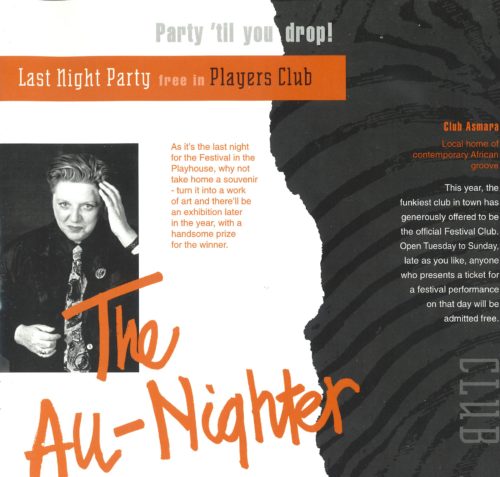
ONE of the highest profile arts initiatives ever to have come out of Canberra, the Australian Performing Arts Market, has reached a turning point and its survival is under question.
Now, in a platform paper for Currency Press, public intellectual and veteran arts marketer, Justin Macdonnell, has cast a withering eye on the market phenomenon as it moves away from its early focus on touring to become a permanent secretariat in Melbourne.
Canberra was, of course, home to the very first such market in this region, part of a worldwide phenomenon.
It was 1994, a heady time in Canberra, which, with the release of the Keating Government’s policy document “Creative Nation” and the ongoing distribution of $11.7 million under the Australian Artists Creative Fellowships, seemed to be shaping up as the nation’s cultural capital.
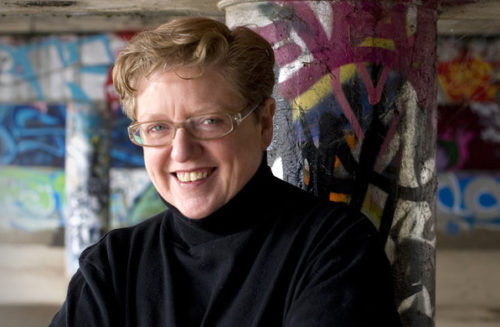
The first Australian Performing Arts Market was held in Canberra in October 1994 during Robyn Archer’s second year as the director of the National Festival of Australian Theatre (NFAT) and excitement was in the air.
Organised by the Australia Council’s Philip Rolfe, it saw about 20 directors and programmers from Asia, Latin America, North America and Europe descend on Canberra to attend the festival at the Canberra Theatre, view A/V and print displays in the ACT Legislative Assembly, attend live short performances in The Playhouse, and participate in talks and schmoozing.
That set the pattern for the second one, held again in Canberra in 1996 even as the theatre festival was foundering. The market was picked up by Archer in 1998 when she took up directorship of the Adelaide Festival and after some years moved to Brisbane, where it saw a downturn in Asian delegates.
It continued the Canberra prototype of “spotlight” performance, industry “booths” mainly occupied by local or overseas government agencies (a real problem in Macdonnell’s view), talk and networking.

Macdonnell has a lively style of writing in which he questions the endless rounds of panels, Powerpoint and A/V presentations and stalls. You can tell he’s been to an awful lot of performing arts markets.
While saying he doesn’t think any of it has been a waste of money, he spares no one, including himself, in his analysis of such markets around the world.
He challenges the show-and-tell practice, draws from industry, not the arts, of staging truncated samples of performances, the talkfests dominated by “pseudo-relaxed armchair chats – the interview you have when you aren’t having an interview”, and booths where art people try to mimic other markets by giving out merchandise, confessing that he and some Australian colleagues once did a roaring trade at an overseas arts market with mass-produced clip-on koalas.
But, he says, with the advent of new digital platforms, the “festivalising” of arts centres, the rise of fringe festivals, the worldwide experience of co-productions, residencies and other collaborations, marketing tours may be unnecessary.
As well, networking summits like the newish national two-day event Performing Arts Exchange (PAX), which attracted 292 delegates last year, may in time challenge the Australian Performing Arts Market for its place.
Plans for the new Melbourne-located organisation are to hold a number of events spread out over each year, starting with “Asia TOPA” in Melbourne this month, rather than one large market every two years. It’s a far cry from the original Canberra vision and Macdonnell believes that this lack of focus could put off attendees.
Ongoing problems he notes include the decision that the market should focus on the “small-to-medium sector”, the near-exclusion of music, and the lack of cultural diversity beyond the inclusion of First Nations.
“Will the shiny new model succeed any better than the old?” Macdonnell asks, quoting Zhou Enlai’s famous comment on the significance of the French Revolution – “too soon to tell”.
“Performing arts markets and their Conundrums” by Justin Macdonnell, Currency House, February 2020. To purchase visit currencyhouse.org.au
Who can be trusted?
In a world of spin and confusion, there’s never been a more important time to support independent journalism in Canberra.
If you trust our work online and want to enforce the power of independent voices, I invite you to make a small contribution.
Every dollar of support is invested back into our journalism to help keep citynews.com.au strong and free.
Thank you,
Ian Meikle, editor
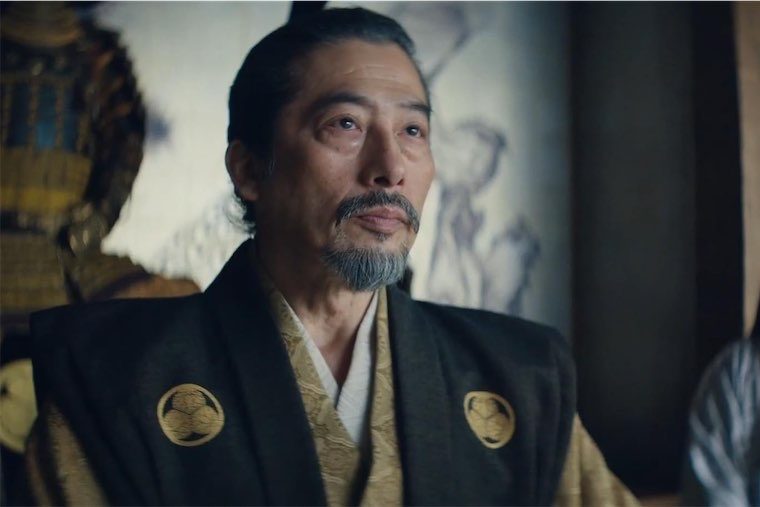
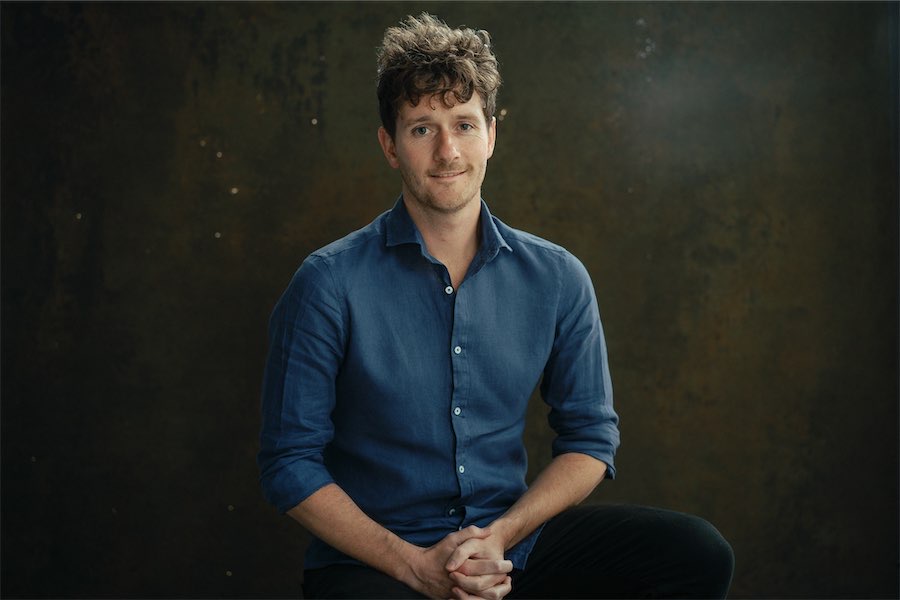
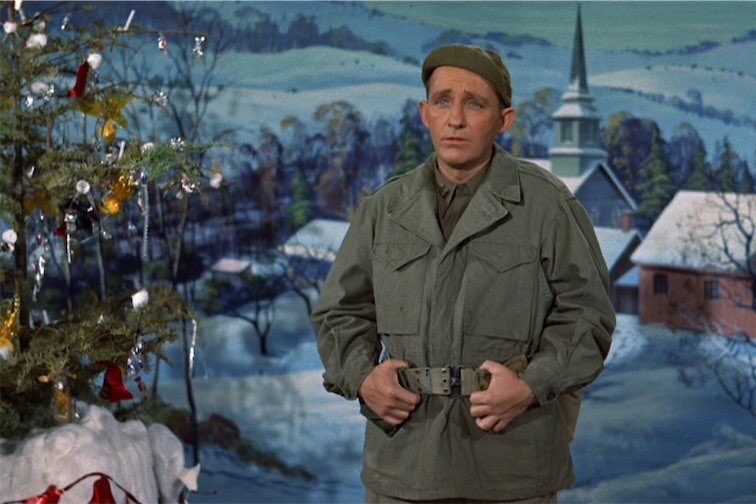

Leave a Reply